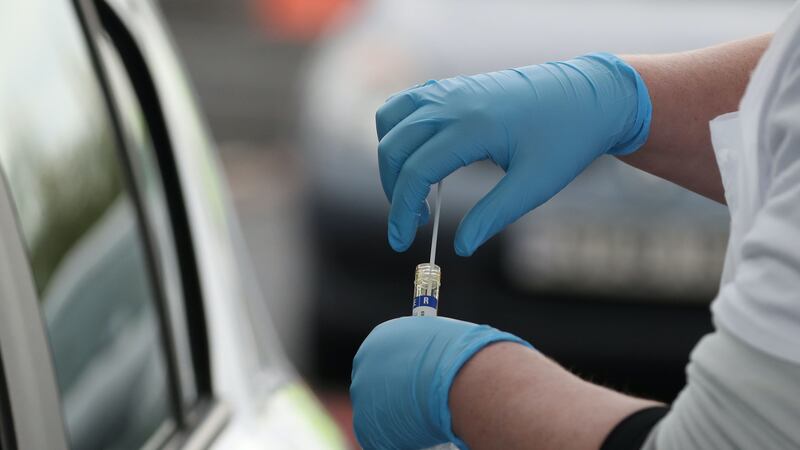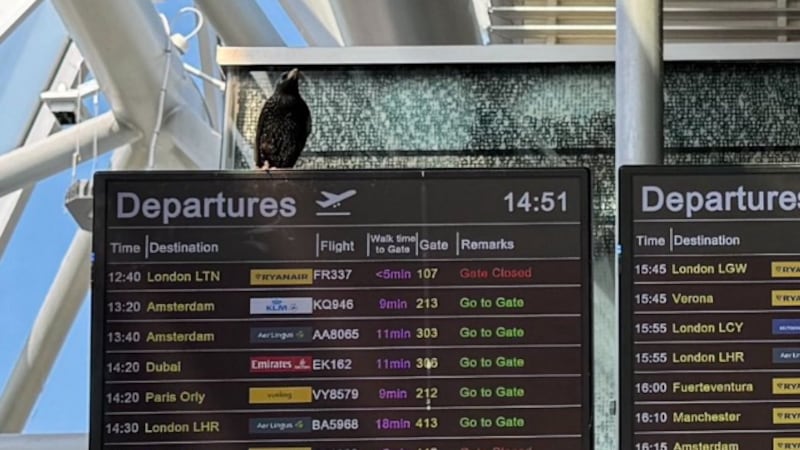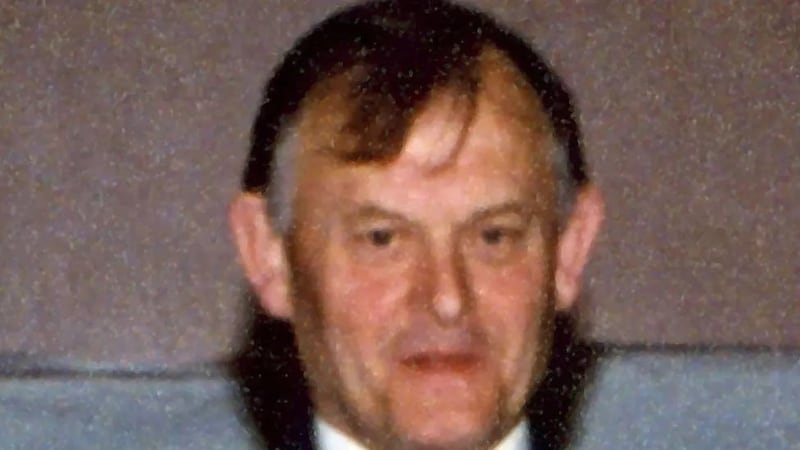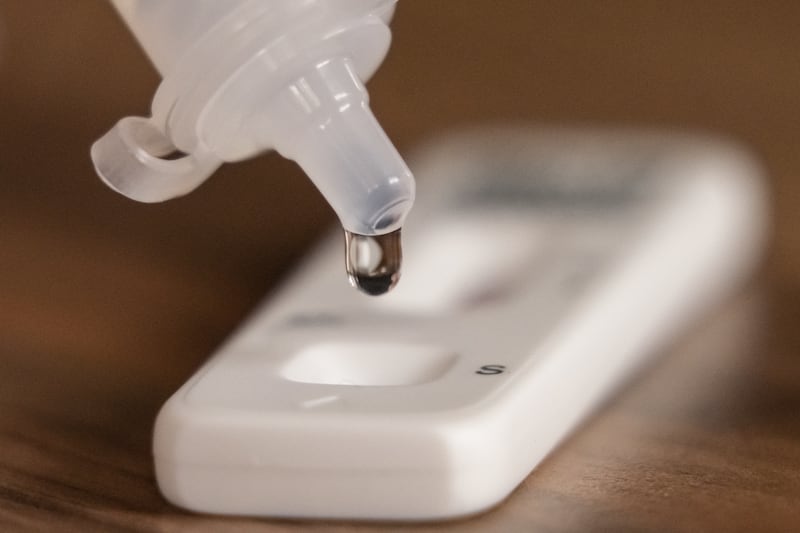A proposed colour-coded warning system will help the Republic of Ireland respond rapidly to outbreaks of coronavirus, the health minister has said.
The model, which will have yellow, orange, red and blue alert levels, is set to replace the current phased roadmap for altering lockdown restrictions.
Stephen Donnelly said the system could be required for another two years, depending on when a Covid-19 vaccine becomes available.
Mr Donnelly also warned that more localised lockdowns, such as those currently in place in counties Laois, Kildare and Offaly, may be required elsewhere in the country in response to future outbreaks.
The yellow code is representative of where most of the Republic lies at the current time - with community transmission low and measures in place to prevent the spread of the virus.
Orange would indicate an upsurge in cases, with the requirement for tighter infection control measures.
The situation in the three counties currently subject to renewed restrictions would merit an orange warning under the system proposed by the National Public Health Emergency Team (Nphet).
The red code would be applied when a major outbreak occurs, such as the nationwide lockdown that was introduced at the beginning of the Covid-19 emergency.
The blue status will be achieved when the virus is successfully suppressed in the country, when a vaccine or effective treatment becomes available.
"So the idea is a colour-coded system, where we all in the country can see how we're doing, how the country is doing, how regions are doing, how our local areas are doing, and we can therefore plan ahead a bit more," said Mr Donnelly.
The minister told RTÉ Radio One it was important that the new coronavirus response plan was "transparent" and enabled the State to act swiftly.
"The reality is we could be looking at this for nine months, we could be looking at it for two years, we don't know - it really depends on when a vaccine comes through," he said.
Mr Donnelly said it was "entirely possible" that further localised measures would be needed.
"I think what Laois, Kildare and Offaly have shown is just how quickly this virus can spread and the need for us to be able to react to it quickly," he added.
"So Laois, Kildare and Offaly - if we hadn't reacted as quickly as we had, what the public health doctors would say is we wouldn't have seen the scale of this, it would have seeped into the community very quickly, inevitably it would have got into the nursing homes, it would have spread around the country and, actually, we would have been right back to the start again, having to impose really strict measures across the entire country.
"The idea is that by having the testing and tracing systems in place, by having a system like Nphet is proposing, we can move as quickly as possible and as locally as possible to try and contain the virus when we do see outbreaks."
Further and higher education minister Simon Harris later described it as a "traffic light system".
"What the Minister for Health is talking about now is trying to put in place a traffic light system where you basically would have different colours where you would indicate how the country is doing today or how parts of the country are doing today," he said.
"He will bring proposals to Cabinet in that regard."
Mr Harris said Covid-19 would be a reality in Ireland for an "awful long time".
He said there was a need to be more "sophisticated and forensic" in responding to clusters so blanket lockdowns could be avoided.
Mr Harris said there was also a need to ramp up the number of tests being conducted nationwide.
The cabinet committee on Covid-19 is due to have further discussions next week on adopting the new system.
Today Mr Donnelly also acknowledged there had been a number of issues with turnaround times processing positive test results in recent weeks.
He explained this was because the number of clinicians making calls to people who tested positive had been reduced as infection rates fell in the Republic.
The minister said when rates suddenly spiked again amid recent outbreaks there were initially not enough clinicians in place to deal with the increased volume of calls.
Yesterday Nphet reported one new Covid-19 related death, taking the toll since the outbreak began to 1,773.
An additional 35 cases of the disease were confirmed, bringing the overall tally to 26,801.








